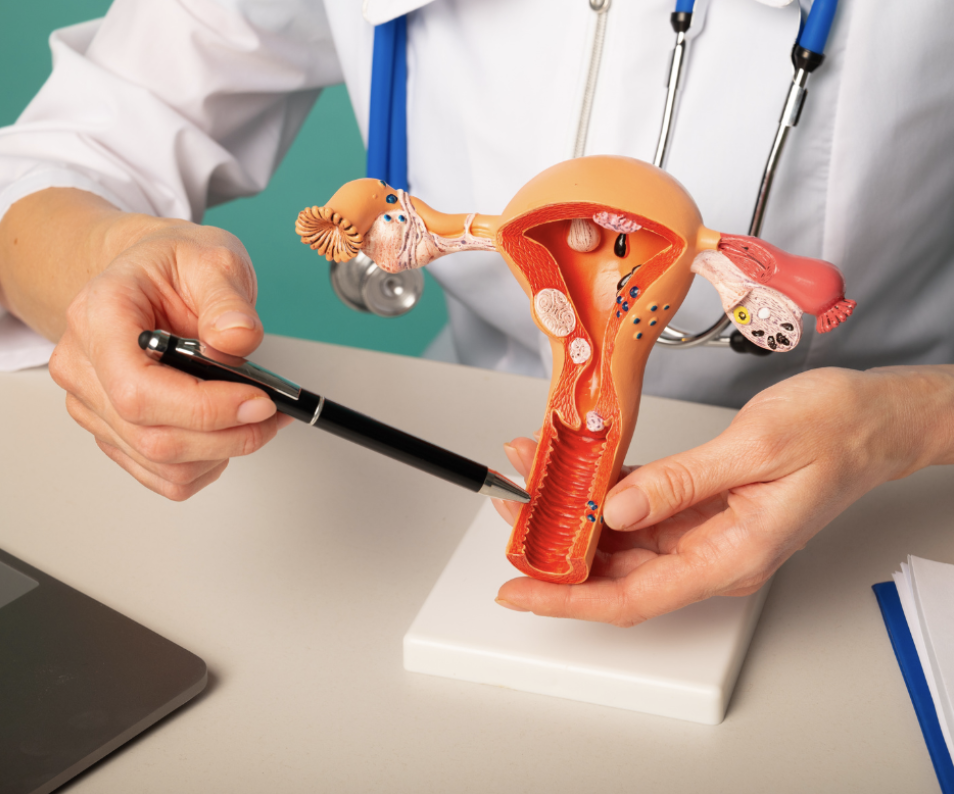Understanding Pregnancy Hormones: A Journey into the Beautiful Chaos of Pregnancy
Pregnancy is an amazing experience, filled with countless wonders and challenges. One of the most fascinating aspects of pregnancy is the role that hormones play in shaping this miraculous process. Hormones are the body’s chemical messengers that regulate various processes, and during pregnancy, they work together in a finely tuned symphony to create the perfect time for baby’s growth and development. With so much going on, it’s no wonder that pregnancy hormones can be a source of confusion and chaos for expectant parents. In this blog post, we’ll explore the complex world of pregnancy hormones and how they influence everything from moods to physical changes.

First, let’s take a look at some of the common hormones involved in pregnancy. Estrogen is one of the primary hormones produced during pregnancy, and it helps to promote the growth and development of the baby’s organs and tissues. Progesterone is another critical hormone during pregnancy, which helps to prepare the uterus for implantation and support healthy growth of the fetus. Human chorionic gonadotropin (hCG) is the hormone that is typically tested in pregnancy tests, and it plays a critical role in helping the placenta develop and supporting the growth of the baby.

As pregnancy progresses, hormones play an essential role in the many changes that occur in the body. For example, many women experience morning sickness in the early stages of pregnancy, which is thought to be caused by the surge of hCG and estrogen. These hormones also contribute to other common symptoms, such as fatigue, mood swings, and bloating. Later in pregnancy, progesterone plays a key role in preparing the body for labor and delivery, by relaxing the muscles of the uterus and cervix.

While hormones can be responsible for many of the uncomfortable symptoms of pregnancy, they also play an essential role in ensuring the health and well-being of both the mother and baby. For example, studies have shown that maternal hormones play a crucial role in fetal brain development and can influence intelligence and emotional stability later in life. Additionally, hormones help to prepare the mother’s body for breastfeeding, by promoting the growth of milk-producing tissue and stimulating milk production.

One of the most fascinating aspects of pregnancy hormones is how they can influence the mother’s relationship with her baby. For example, oxytocin is a hormone that is released during labor and breastfeeding, and it helps bond mother and baby. During pregnancy, hormones can also contribute to maternal instincts, such as the desire to protect and care for the baby. Some studies have even shown that pregnant women can detect and react to the smell of their baby’s amniotic fluid, indicating a powerful emotional connection between mother and baby that is facilitated by hormones.

Pregnancy hormones are a fascinating and complex topic that offers a glimpse into the beautiful chaos of pregnancy. While they can often be responsible for uncomfortable symptoms, they are also crucial for ensuring the health and well-being of both the mother and baby. By understanding their role, expectant parents can be better prepared for the many changes that occur during pregnancy and appreciate the wonder of this amazing process.




